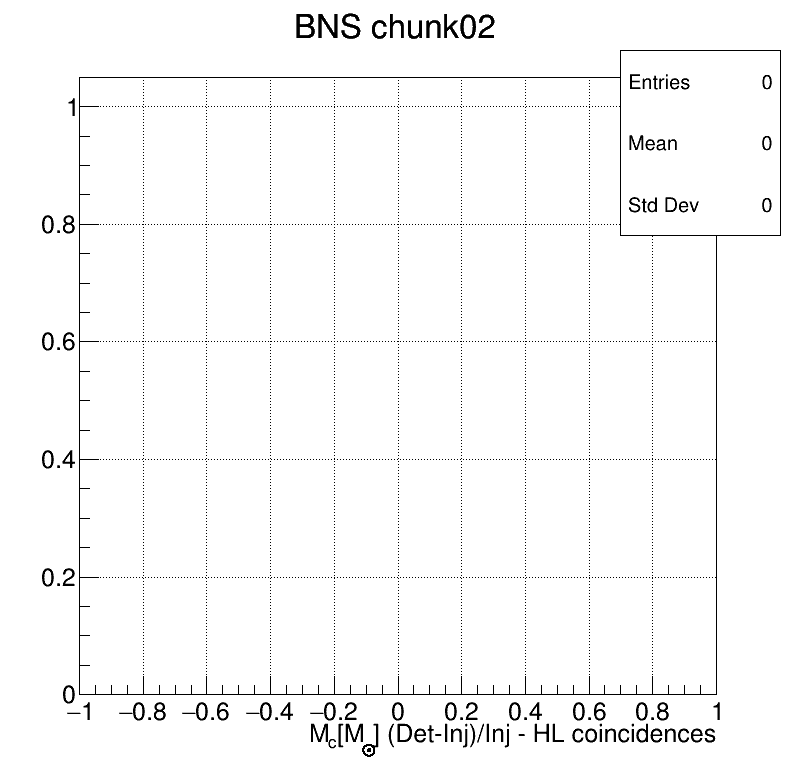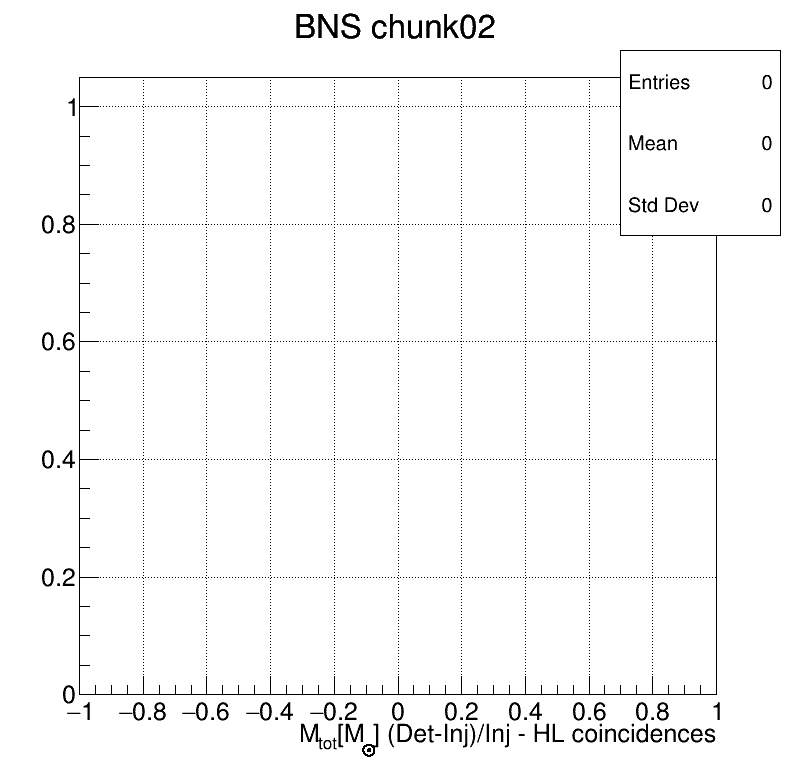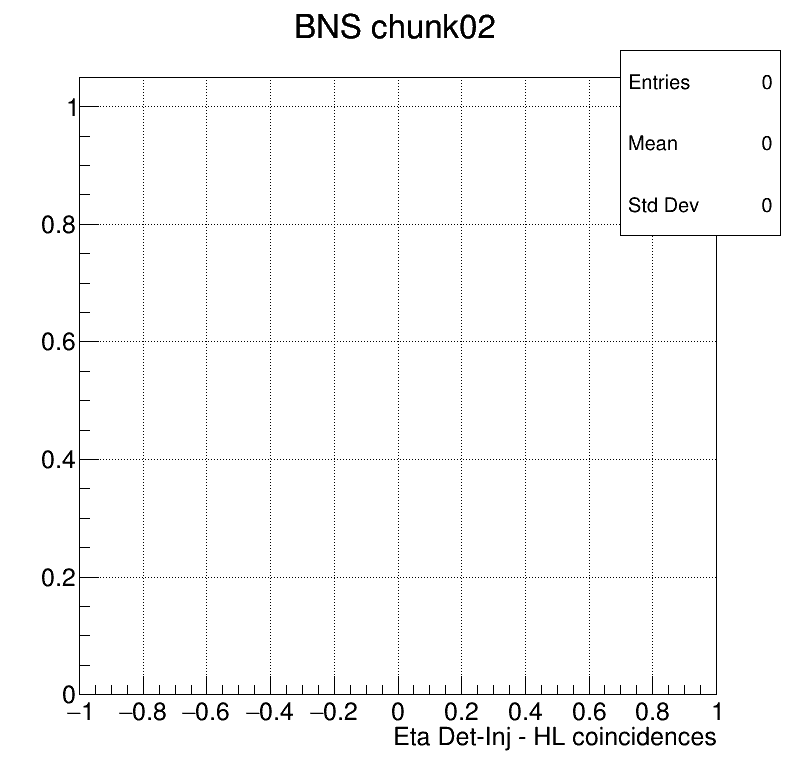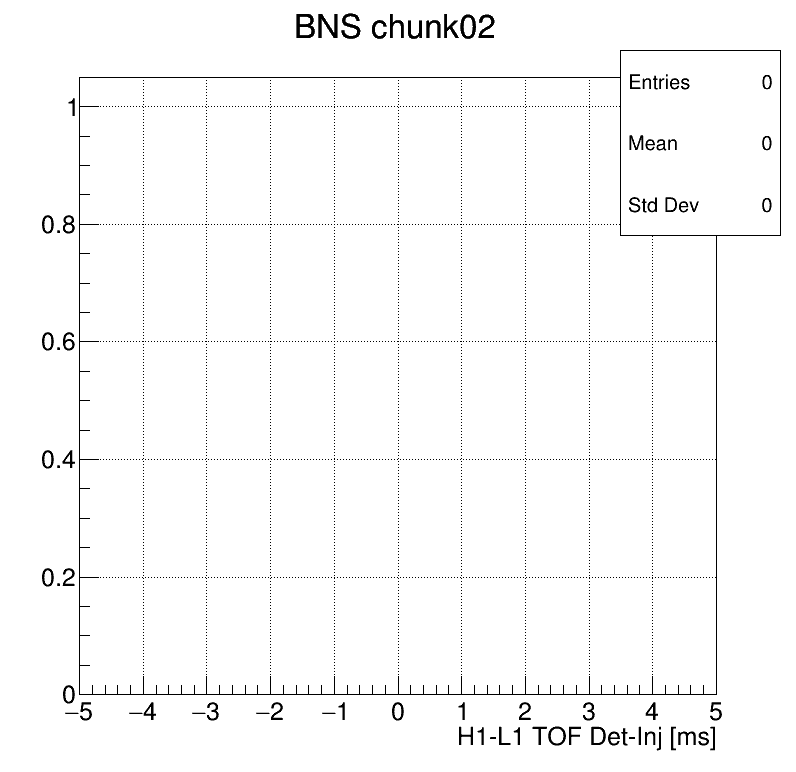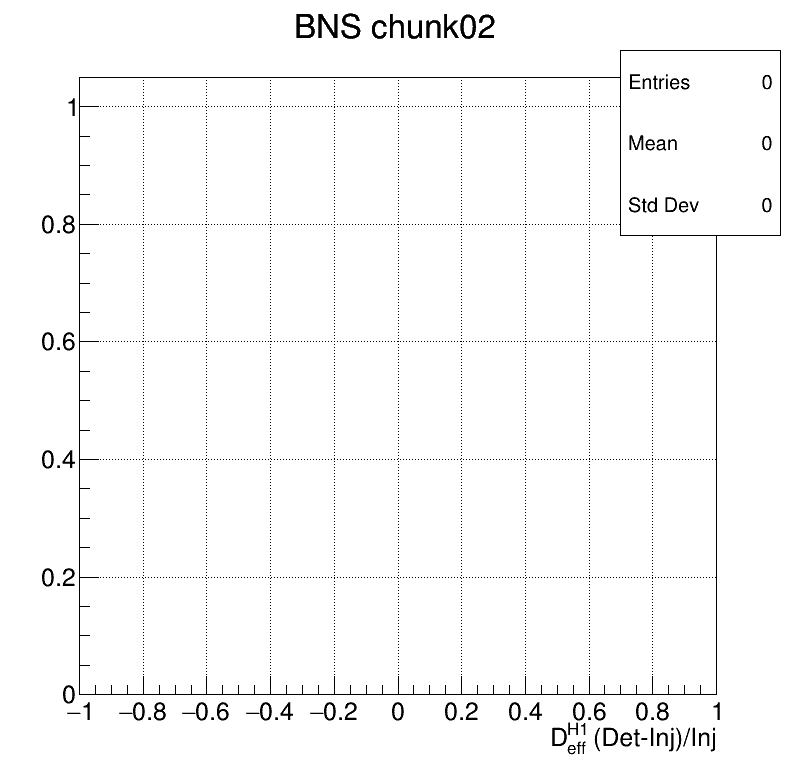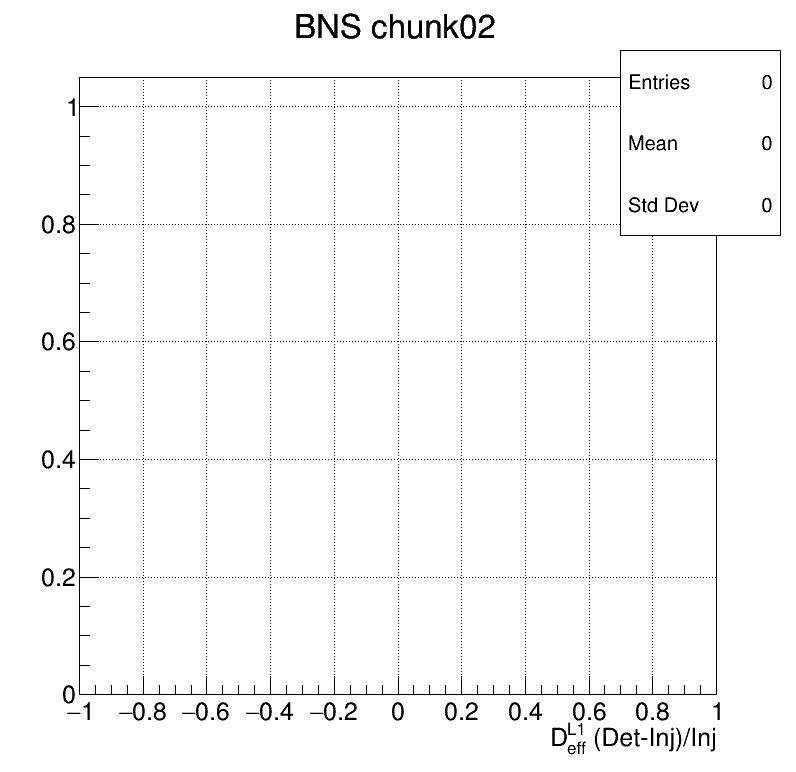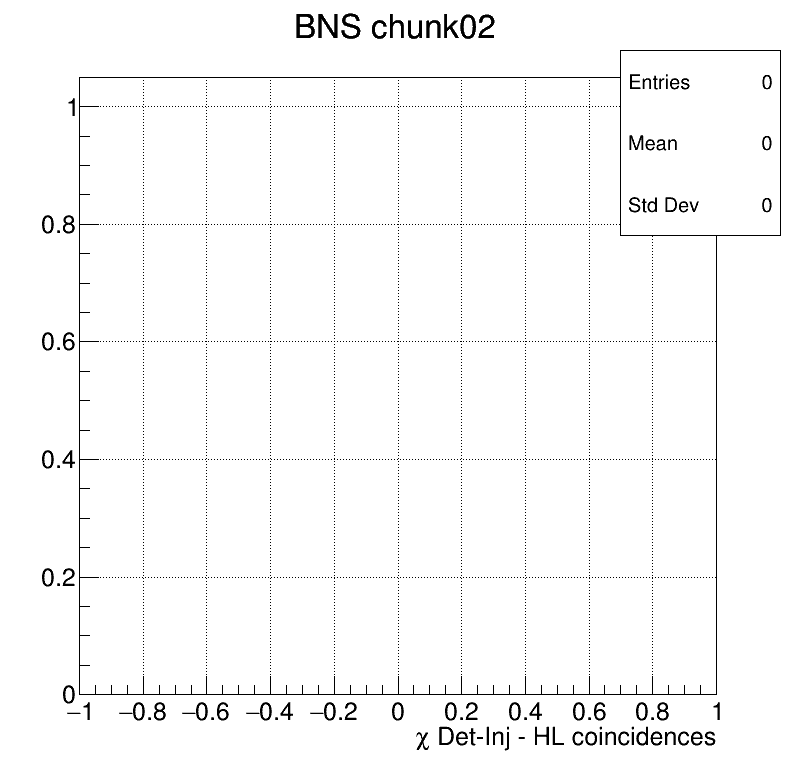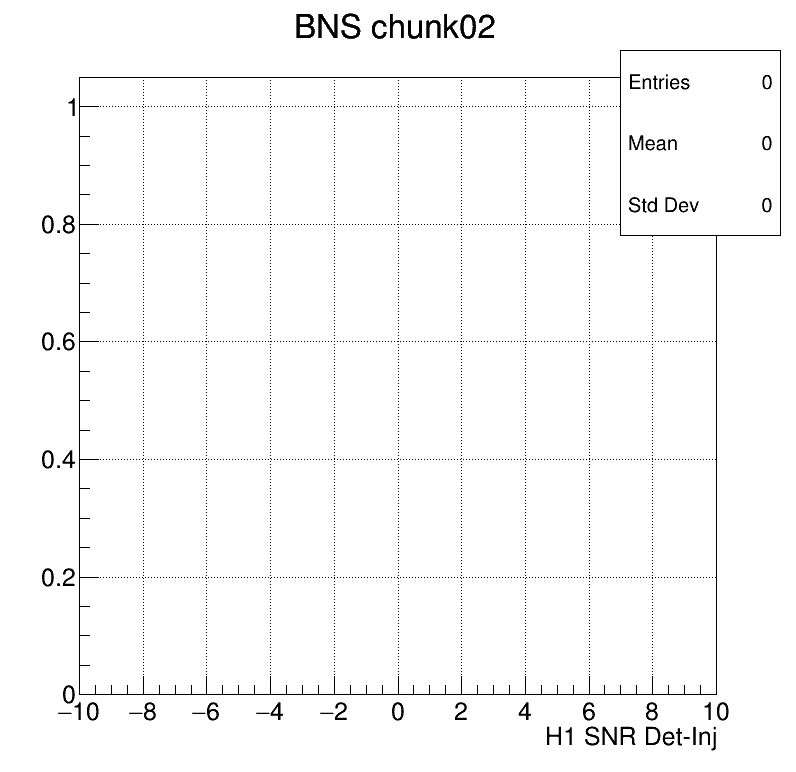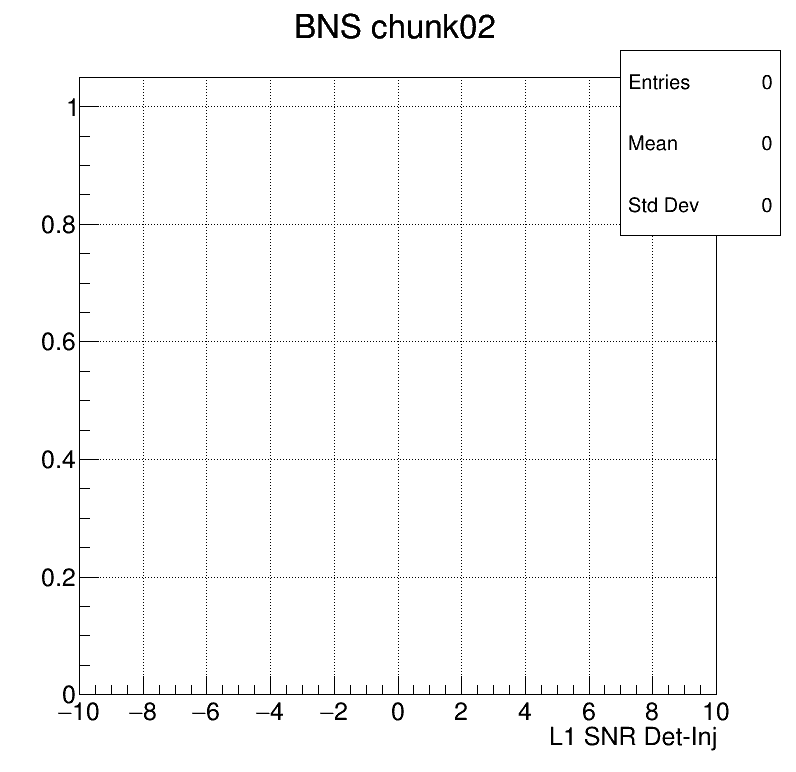In the following we show the distribution of found and missed injections, and the accuracy with which we recover interesting parameters. For different quantities, we display the detected value compared to the injected one. We consider detected events from HL double coincidences, with a minimum combined SNR of 8.
You can find here the list of loudest missed injections, ordered by increasing decisive distance and ordered by decreasing expected combined SNR.
Found and missed injections
The following plots show the distributions of simulated events (injections) and detected events, with respect to several variables of interest. We consider detected events from HL double coincidences, with a minimum combined SNR of 8.
Fig 1b.1.1 : Found and missed injections as a function of time, chirp mass and total mass (vs injected snr and the decisive effective distance - the second higher effective distance), for double (in light blue) and triple (in dark blue) coincidences. The open dots show missed injections, and the red stars show missed injections that have triggered gating.
Fig 1b.1.2 : Found and missed injections as a function of combined SNR, eta and chi (vs injected SNR and the decisive effective distance - the second higher effective distance), for double (in light blue) and triple (in dark blue) coincidences. The open dots show missed injections, and the red stars show missed injections that have triggered gating.
Fig 1b.1.3 : Found and missed injections as a function of M1 vs M2, s1z vs s2z and mass ratio (M1/M2) vs injected SNR and the decisive effective distance - the second higher effective distance, for double (in light blue) and triple (in dark blue) coincidences. The open dots show missed injections, and the red stars show missed injections that have triggered gating.
Chirp mass recovery accuracy
Total mass recovery accuracy
Parameter eta recovery accuracy
Time recovery accuracy
Effective distance recovery accuracy
Fig 1b.6 : Effective distance recovery accuracy (double and triple coincidences) for H1, L1
Fig 1b.7 : Effective distance recovery accuracy (double and triple coincidences) for H1, L1
Fig 1b.8 : Effective distance recovery accuracy (double and triple coincidences) for H1, L1, as a function of the spin parameter chi.















